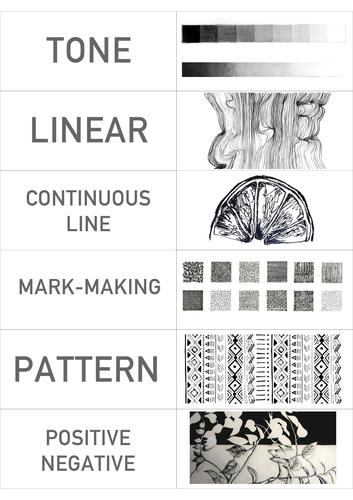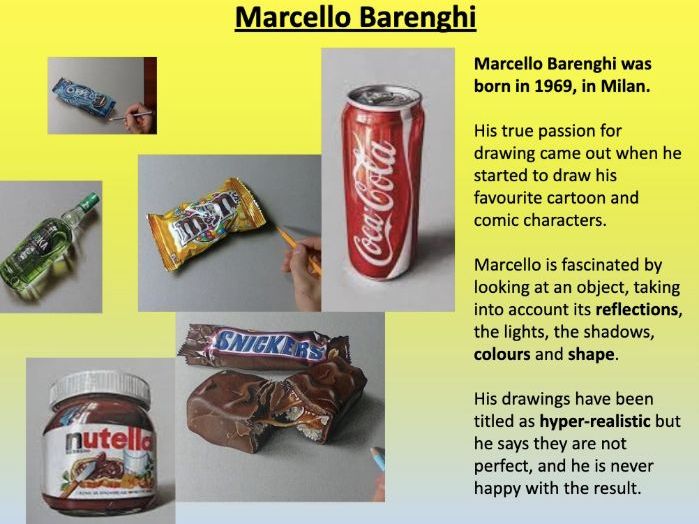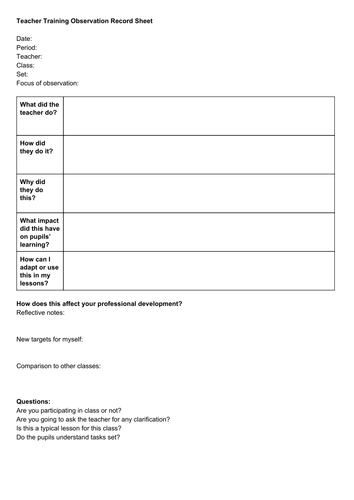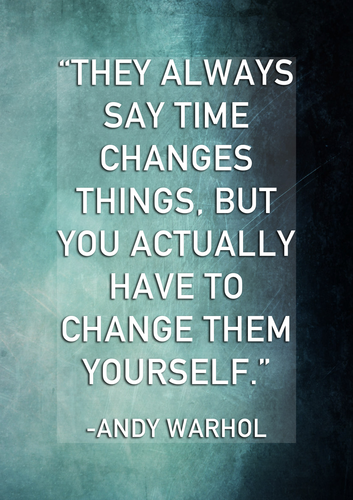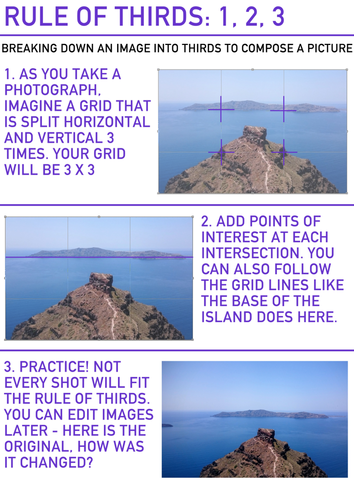
33Uploads
53k+Views
10k+Downloads
All resources

Art keywords activity for paired work (starter or plenary)
Use the resource to test your pupils knowledge on keywords and techniques.
One half of the pair has the keyword, the other has the example. Mix up the pairs and let pupils choose one, then they have a limited amount of time to find their partner. Pupils must work co-operatively to discuss which technique matches the correct keyword.
Good for getting pupils into small groups or pairs and also tests their knowledge of techniques. I have used as a quick plenary or starter.
Keywords included are:
Tone, Linear, Continuous Line, Mark-Making, Pattern, Positive & Negative

Fun Art Assessment Ideas
A long list of different, fun and engaging assessement activities specifically design for art lessons. There are a range of formative and summative assessment ideas, as well as self-assessment tasks, peer-assessment activities and whole-class assessment ideas. All of the resources needed are included in the presentation. A fun way to jazz up the bog standard WWW / EBI.

Mark Making and Texture KS3 and KS4
A lesson on mark making and texture for use in KS3 and KS4. Has a clear task/learning objective. Can easily be differentiated and links to relevant artist. Includes powerpoint presentation with a starter, main (with challenge question) and plenary. Can be adjusted depending on what materials/resources you have in school - this one uses Indian ink.

Abstract Still Life Painting Scheme of Work KS3
A KS3 painting project based on Abstract Still Life. This full project covers a series of lessons, teaching students about observational drawing, colour theory, pattern and mark-making and painting techniques.
It includes artist research, experimentation, developing ideas and final outcomes.
I have taught it with Y8 KS3 students, however it can be easily adapted for any year group. The project includes entry tasks / starters and plenaries / clear lesson outcomes and examples of students work at each stage.

Grade 9 GCSE Art Example Projects
There are six Grade 9 full art project examples on the presentation, including sheets of student’s secondary and primary research and artist research.
I have included all of the student’s observational / working drawings, development work, experimentation, plans and final pieces. I have added close up images of the Grade 9 observational drawing work so you can use the presentation to show your own students if you wish.
I have chosen very different exam projects so you can see a full range of techniques and approaches to the different exam questions. The projects are a mix of coursework and the externally set exam by AQA.
I have added titles to each of the slides in ‘student speak’ so your students can clearly see examples of what each stage of a Grade 9 art project looks like. All of the annotations should be legible too.
I have included photographs of all of the final pieces completed in the 10 hour exam / controlled assessment. As well as the final pieces, I have included close up images so you can clearly see the details and quality of the work. In total, there are 97 slides with examples of Grade 9 GCSE art projects.

Continuous Line Drawing
Continuous Line Drawing lesson for a 1 hour Art Class (mine had 25 - 30 students).
I have updated this lesson to include more drawing activities and student evaluations
Times can be changed for class sizes. I repeated the timed drawings with different materials (ie. pen, pencil, felt tip, ink) and objects used to extend times. I also extended the discussion times if it was a smaller class.
The presentation introduces a continuous line drawing artist, has a discussion about their work, introduces keywords and has three drawing activities (continuous line, blind and in pairs - moving paper instead of the pen to draw!)
Includes artist examples, teacher examples, different materials / techniques and a plenary. Encourages art-specific language to describe work.
You will need some natural forms for students to draw. I chose dried fruit, shells, leaves etc.
There is more information about this lesson here.

Observational Wrapper Drawing Scheme of Work KS3
This is an observational drawing scheme of work to develop Year 7 students’ drawing skills at the start of the year.
This scheme of learning looks first at the hyperrealist artist Marcello Barenghi, then students create artist research pages in their sketchbooks and watch YouTube videos of him working. There are teacher notes in the PowerPoint and links to the clips.
Students are shown how to draw from direct observation, bringing in wrappers to draw and understanding how to be inspired by an artist.
Students learn how to control their pencils properly, and start to use key vocabulary such as shape, proportion, detail and tone. There are starter activities, plenaries and homework tasks all in the presentation. There are also printable resources (in the slides)- I have made it as easy as possible to use!
As I teach this to new Y7 students, it is not a long project and students aim for one complete drawing rather than a series. The aim is to have a high quality finished piece.
Students love this project as they can watch the YouTube videos and draw their favourite sweet / crisp wrappers!
This resource includes starters / plenaries etc for the whole project, with examples of students’ work at each stage.
Bundle

Art Bundle! KS3 Colour Theory / painting schemes of work
These art colour theory projects are two of my most popular resources so I have bundled them to create a discount.
They are both full schemes of work, one based on Abstract Still Life and one based on the artist Kandinsky. I have used paint when teaching both of them, but I’m sure the Abstract Still Life project can be adapted to use coloured pencils / felt-tip pens and brushes etc.

LGBTQIA+ List of artists - help sheet to be shared online or printed
A comprehensive list of LGBTQIA+ artists from around the world, from painters, to photographers, sculptors and animators who identify as LGBTQIA+
This pdf shows over 60 artists identifying as LGBTQIA+. The aim is to celebrate their work, their lives and share their artwork with our students.
The pdf has a picture of the artist’s work, their name and a direct link to the artist’s website: ideal for sharing with your students online or printing out for lessons. There is a QR code that students can scan if the document is printed out for them.
The pdf has 6 pages with the artists listed clearly and in alphabetical order.

Teacher Training Observation Record Sheet
A record sheet I've put together for trainee teachers who are observing classes. I've used this for secondary school observations.
Includes questions you should ask yourself when observing in classes, from date and time to professional development.
Includes questions about the lesson in hand and self reflection.
Easy to use with clear headers for different questions and data needed in your evidence.

Inspirational Artist Quotes (Art classroom motivational display posters)
10 wonderful, inspirational quotes from world famous artists.
All with a unique art-textured background, ideal for decorating your classroom. Good for encouraging hard work and effort rather than talent:
“I am seeking. I am striving. I am in it with all my heart.” Vincent van Gogh
“Creativity takes courage.” Henri Matisse
“They always say time changes things, but you actually have to change them yourself.” Andy Warhol
“Art washes away from the soul the dust of everyday life.” Pablo Picasso
“Great art picks up where nature ends.” Marc Chagall
“The job of the artist is always to deepen the mystery.” Francis Bacon
“To create one’s own world takes courage.” Georgia O’Keeffe
“Art is not what you see, but what you make others see.” Edgar Degas
“Have no fear of perfection, you’ll never reach it.” Salvador Dali
“If people knew how hard I worked to get my mastery, it wouldn’t seem so wonderful at all.” Michelangelo
Simply print out and stick up, these are designed at A4 size but you could size them up to A3.

Rule of Thirds guide poster for photography
A wall display in size A3 and A4 for the Rule of Thirds in photography. Explains the rule of thirds in 3 simple steps, with an example. Also includes a question about how the rule of thirds was achieved in the example.
Great for the photography classroom, easy to refer to and in a clear, simple format. Print out the poster and use in your classroom, give pupils time to read and understand the steps, then try themselves. Encourages pupils to use the rule of thirds when editing their work too.
Bundle

KS3 Art Projects Bundle
Ten full KS3 Art schemes of work, including a variety of materials, processes and techniques.
The bundle includes enough full projects and over two years worth of teaching (based on one or two hours per week)

